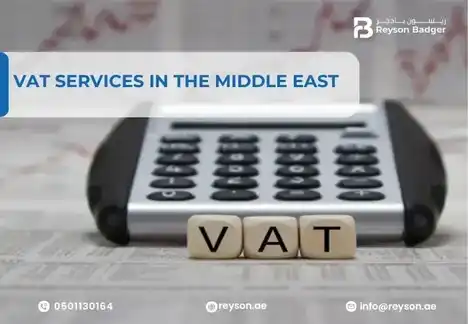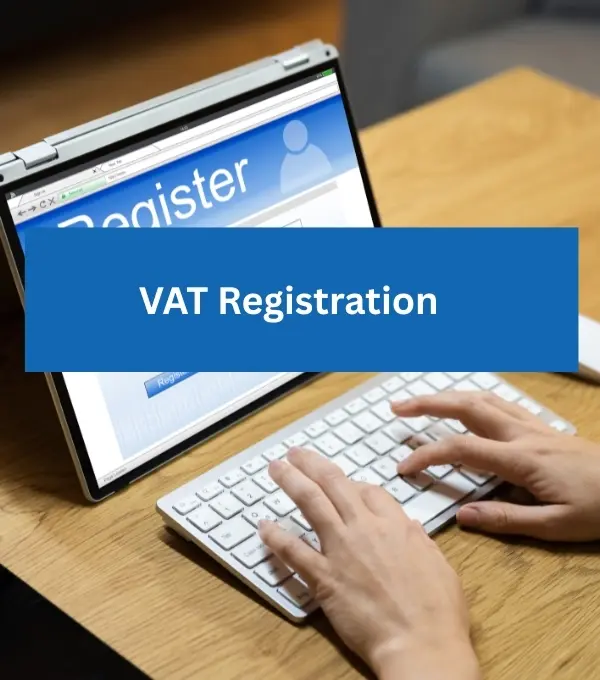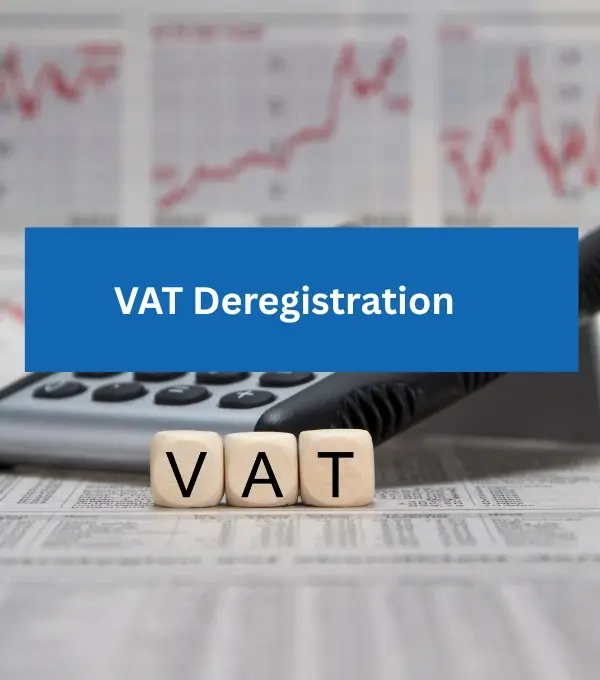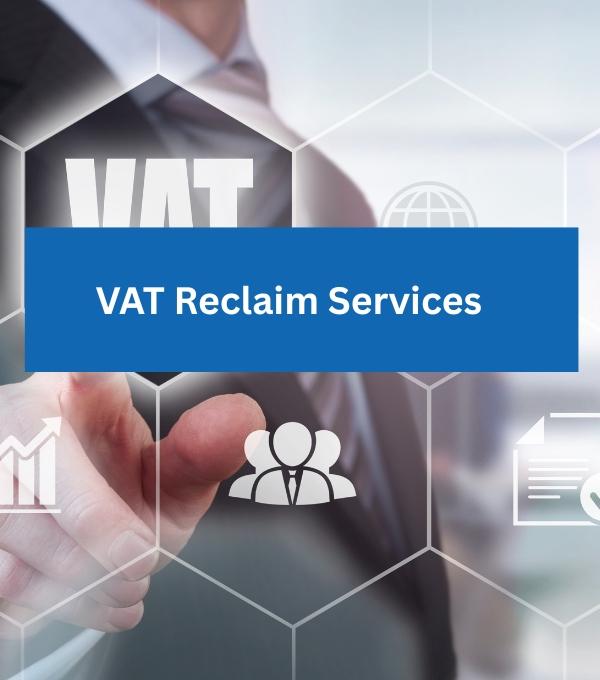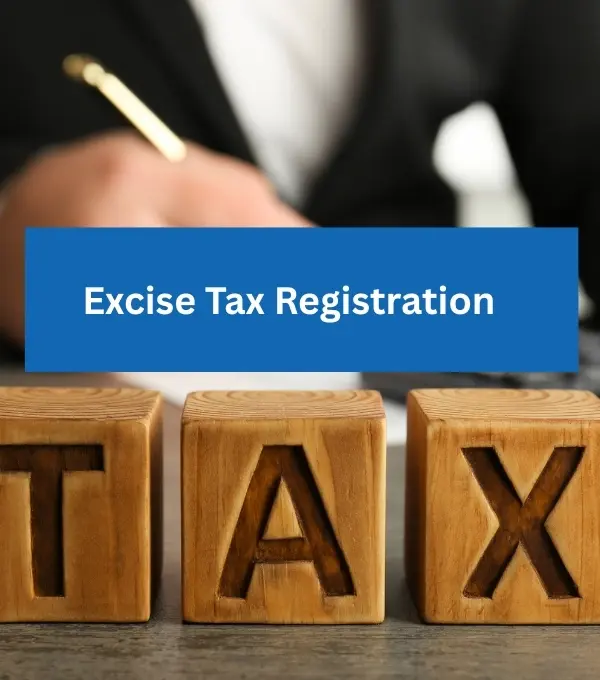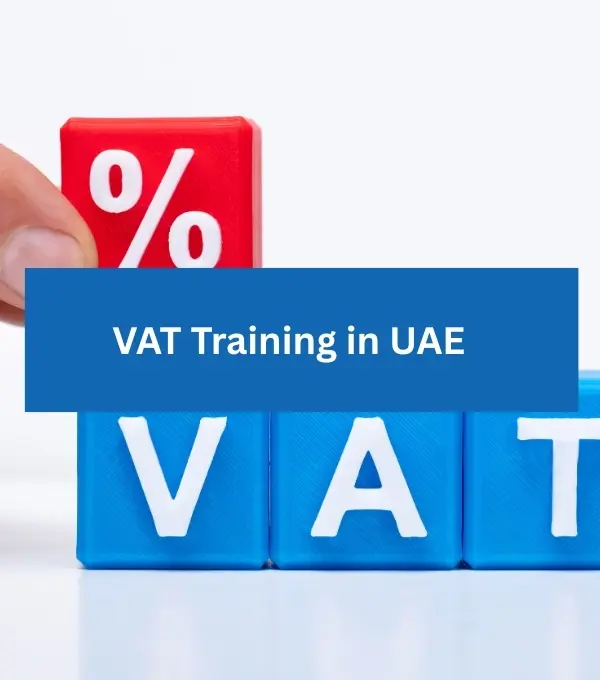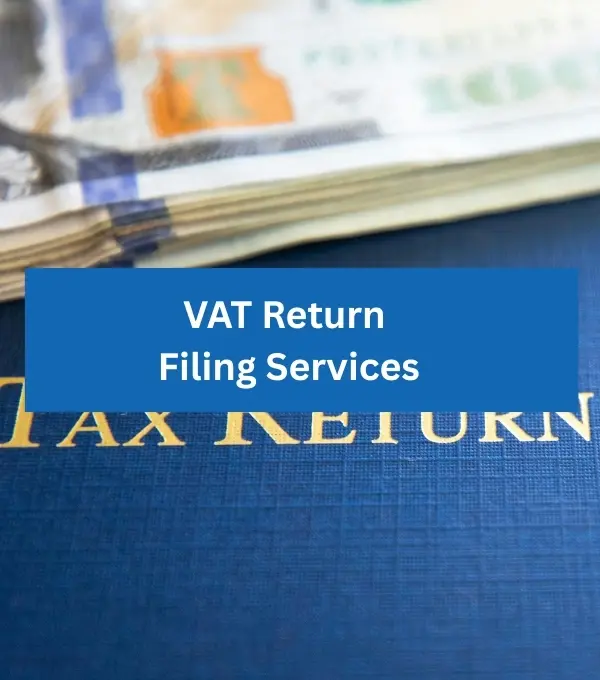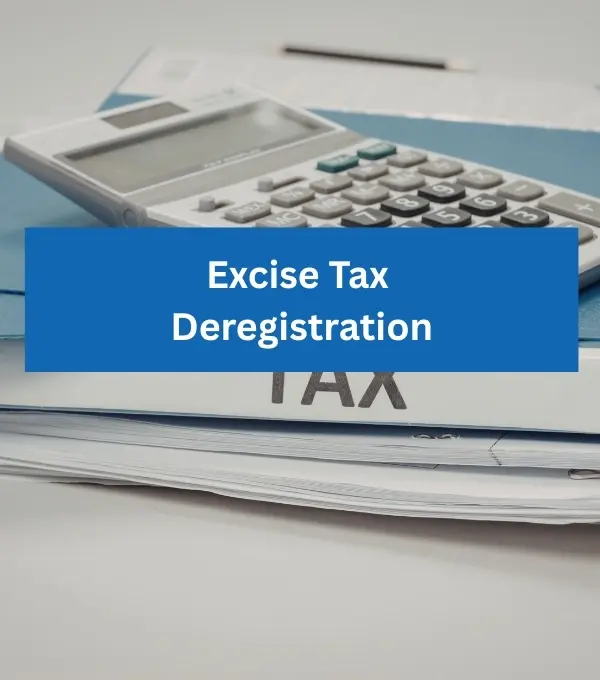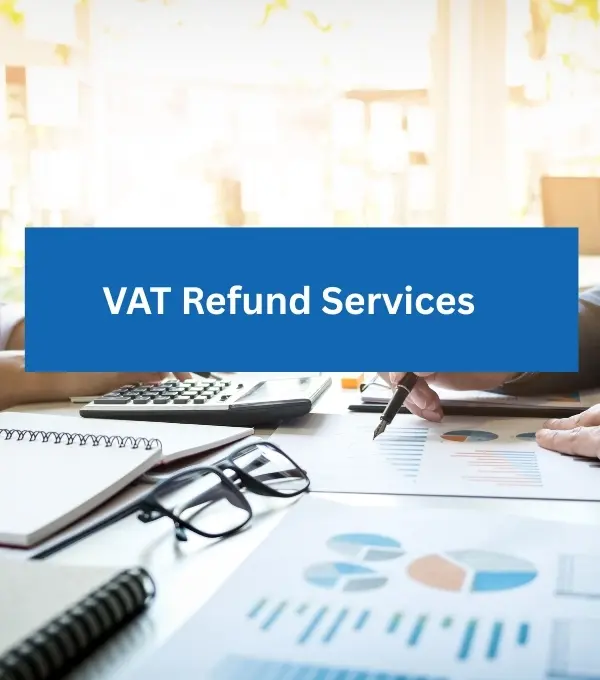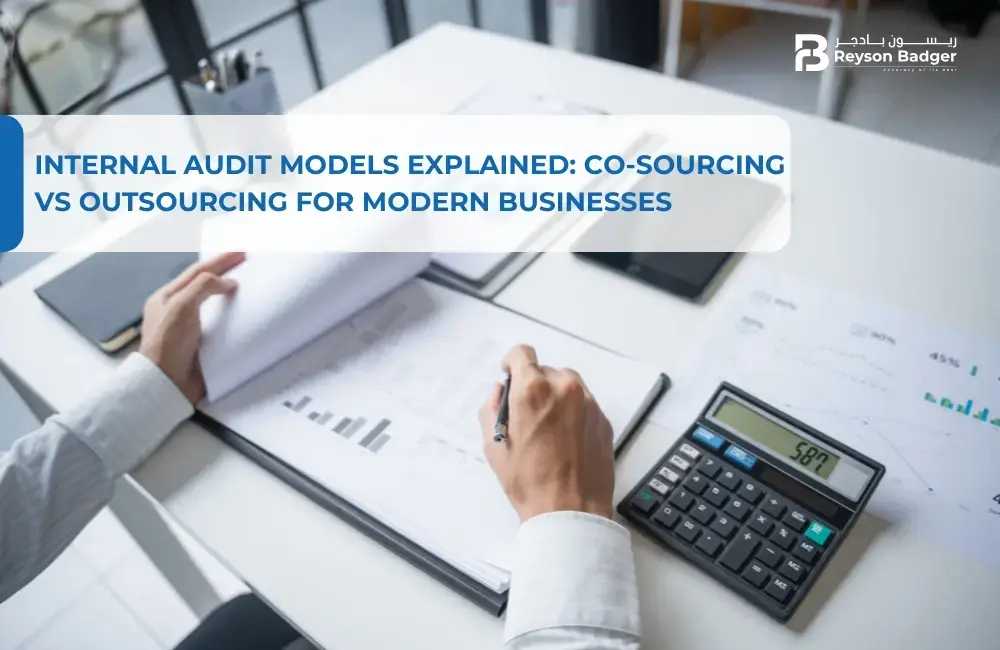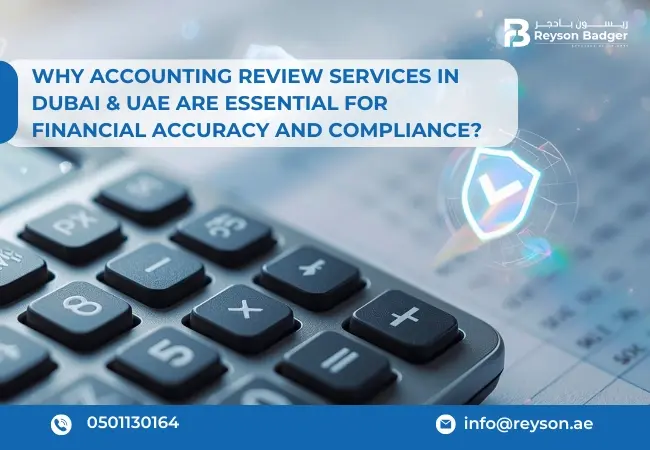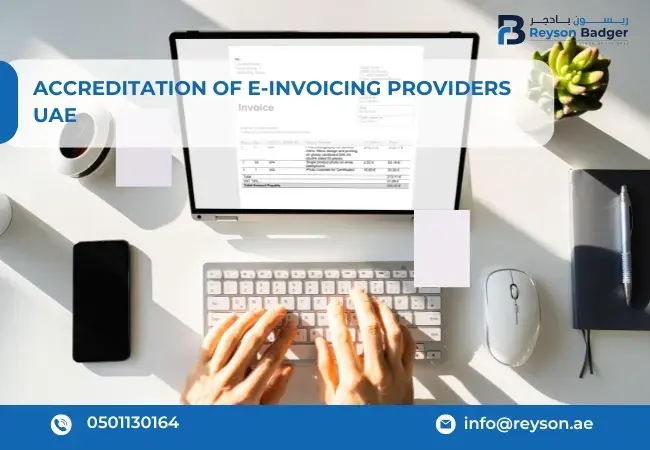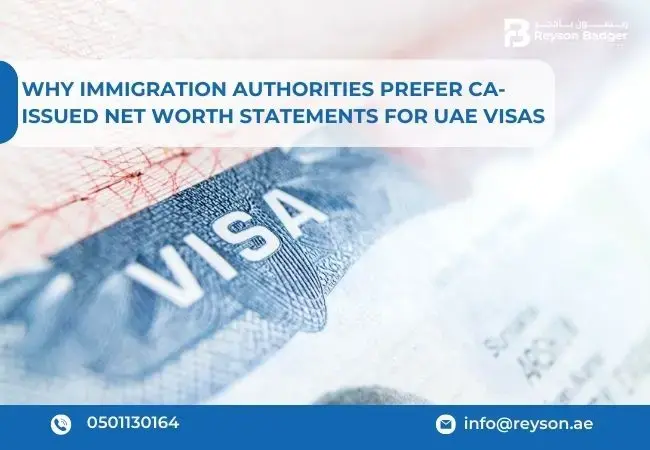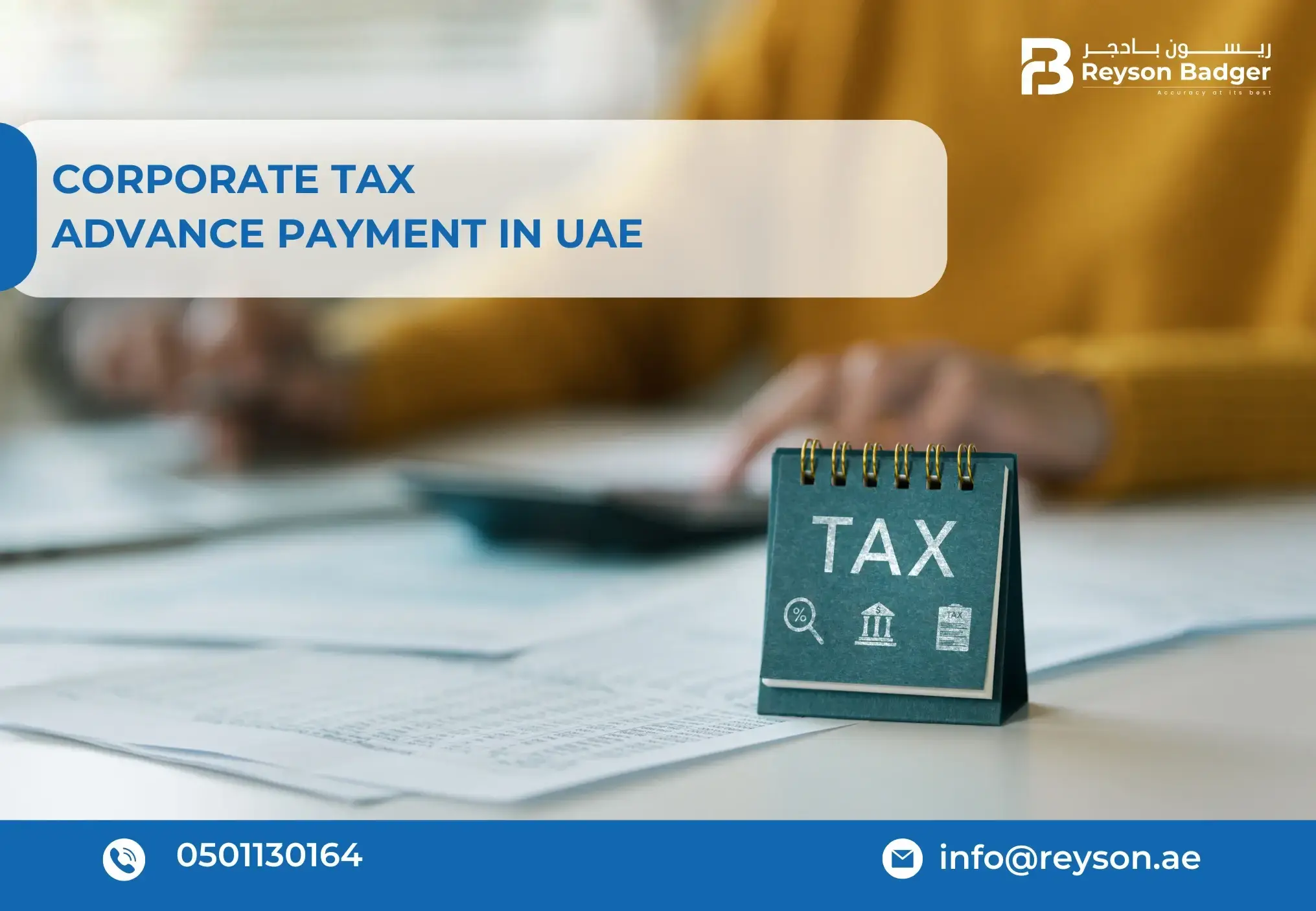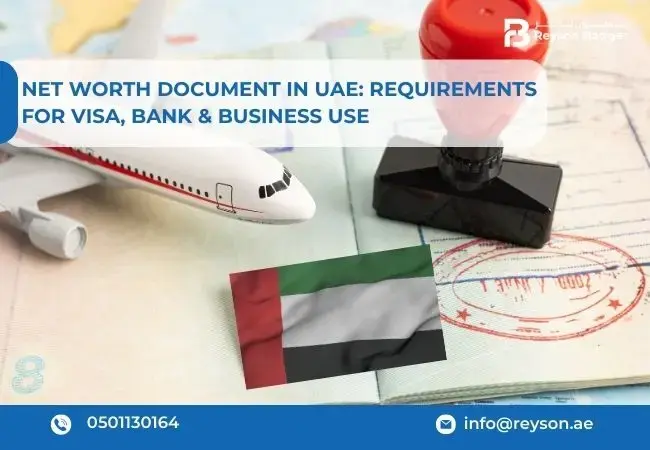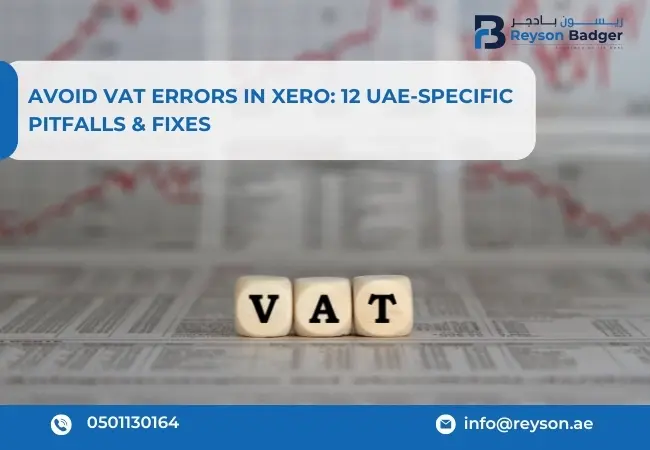The Middle East Value added tax has changed greatly since 2018 when each of the GCC countries adopted a VAT regime to be implemented and diversified their revenues. VAT compliance has therefore become central to business operations as companies face a rather complex regulatory environment. Different types of VAT rates, exemptions, and sundry other restrictions apply across the region. It is from this perspective that the business needs professional guidance. Not only would VAT management ensure compliance, but it creates an avenue for optimizing revenues and the strategic growth of that business. That is when professional VAT services step in because such services will come to minimize the risks for the business, ensure that the submission is accurate, and thus help in achieving success within the Middle East region.
Middle East VAT Overview
This step is primarily aimed at diversifying the economies of the GCC countries and lowering their reliance on oil. The most important change in taxation will be the implementation of Value Added tax. In June 2016 Saudi Arabia, United Arab Emirates, Bahrain, Oman, Kuwait, and Qatar signed the Common VAT Agreement which established a VAT of 5% across members. As of today, only four of the six GCC member states (UAE, KSA, Bahrain, and Oman) have implemented VAT. Kuwait and Qatar have not yet officially implemented the tax, with varying timeliness, phases, and rules.
Saudi Arabia : The kingdom was the first to implement the tax on January 1, 2018, with a 5% VAT imposed on all goods and services to be increased to 15% by July 1, 2020, to aid the recovery plan.
UAE: VAT was introduced on January 1, 2018, at a rate of five percent (5%) an obligatory registration threshold of AED 375,000.
Bahrain: VAT was adopted on January 1, 2019, which was relatively low at 5%; however, this was raised to 10% starting January 1, 2022.
Oman: VAT was enforced during the pandemic on April 16, 2021, at a 5% rate with a registration threshold of OMR 38,500.
Kuwait and Qatar: The implementation of VAT has been postponed in both countries; however, it is expected that Kuwait will implement VAT quite soon.
Standard VAT Rates Across GCC Countries
The standard VAT rates across GCC countries are as follows:
Country | Standard VAT Rate | Implementation Date |
|---|---|---|
Saudi Arabia | 15% | July 1, 2020 |
UAE | 5% | January 1, 2018 |
Bahrain | 10% | January 1, 2022 |
Oman | 5% | April 16, 2021 |
Kuwait | Pending | Expected in late 2024 |
Qatar | Pending | Expected in late 2024 |
VAT Registration Thresholds and Requirements
In every GCC country, specific thresholds for the mandatory registration of VAT have been established:
- UAE: In the UAE, businesses are compelled to VAT registration once their taxable supplies exceed AED 375,000 in 12 months, however, they are encouraged to register voluntarily once supplies reach AED 187,500.
- Saudi Arabia: The threshold limit for mandatory VAT registration in KSA is SAR 375,000.
- Bahrain: VAT registration in Bahrain is obligatory for businesses whose revenues exceed the registration limit of 37,500 BHD.
- Oman: For VAT registration in Oman, there is a mandatory threshold requirement imposed of OMR 38500.
- Kuwait and Qatar: The precise thresholds are being ascertained, because the VAT systems are yet to be operationalized completely and successfully within the countries.
In all cases, businesses that go beyond these thresholds should register for VAT, where applicable, and abide by the laws of the land concerning tax collection and tax returns.
VAT Services in the Middle East
VAT Registration and Deregistration
When the taxable turnover or sales revenue of a business reaches the specified range or the threshold limit, then the business is compelled to register for VAT. This could be done by first contacting the tax authorities and requesting a unique VAT identification number, otherwise known as a VAT ID. Also, a business may cease to exist or apply for deregistration in the event the taxable turnover reduces below the threshold limit.
VAT Filing and Payment Requirements
Upon VAT registration, a company is obliged to file detailed tax and sales as well as purchase axial returns on a periodic basis.
- Period of Return: As per the domestic regulations, it can be filed monthly or quarterly.
- Settle the VAT payment: The businesses are bound to remit the VAT in the given period and in case of failing to do so, they are subjected to penalties.
VAT Invoicing and Record-Keeping
One needs to ensure that there is adherence to proper invoicing techniques to ensure compliance:
- Every invoice should be issued with vital information including the seller's details and the buyer's details, invoice number, issue date, description of goods or services rendered, and the total amount including VAT.
- Accurate records help one make claims for recovery of input tax and ensure everything is in order when audited.
VAT Exemptions and Zero-Rated Supplies
Some products and services might qualify for VAT exemptions or be subject to a zero rate instead.
- Exemption Supplies: There are specific services, such as financial and educational ones, which are exempt from VAT.
- Zero-rated supplies: These could have a zero rate of tax, or be zero-rated. Exports that are basic or depart the GCC region
- would typically fall under this category. The benefit for firms is that it will allow them to recoup input tax spent on related expenses.
VAT Examinations and Audits
Regular auditing ensures that VAT requirements are being followed:
- Companies should keep proper records and paperwork to be ready for any audits.
- Regular checks assist in guaranteeing that every transaction is appropriately reported by identifying any discrepancies early on.
VAT Services by Country
UAE VAT Services
Businesses in the UAE can use the Federal Tax Authority (FTA) to obtain a range of VAT compliance services, such as:
- Using the FTA site to register online.
- Periodically submitting returns and making payment
- Recommendations for zero-rated supplies and exemptions.
Saudi Arabia VAT Services
Businesses in Saudi Arabia can make use of the following services provided by the Zakat Tax & Customs Authority (ZATCA):
- Methods for electronic invoicing that simplify compliance.
- Assistance for companies adjusting to tax legislation changes once the standard rate was raised.
Bahrain VAT Services
Bahrain’s National Bureau for Revenue provides resources for businesses regarding:
- Registration processes and requirements.
- Assistance with understanding exemptions specific to sectors such as healthcare and education.
Kuwait VAT Services
As Kuwait prepares to implement its VAT system:
- Businesses will need to stay updated on registration requirements once finalized.
- Guidance will likely be provided by local authorities as implementation approaches.
Oman VAT Services
Oman’s Ministry of Finance oversees the administration of VAT services including:
- Registration processes for businesses exceeding the threshold.
- on compliance obligations specific to various sectors.
Qatar VAT Services
While Qatar has postponed its implementation date:
- Businesses should prepare by staying informed about upcoming regulations.
- Resources will likely be made available through local tax authorities once the system is implemented.
Benefits of Expert VAT Services
Reduced Chances of Penalties and Fines
Hiring VAT experts helps businesses steer through numerous regulations effectively, thus reducing the chances of penalties in case of non-compliance. Such experts ensure the timely submission of all filings with accuracy, thereby minimizing the chances of fines.
Enhanced Compliance and Accuracy
Savvy services arm businesses with modern knowledge of VAT, thereby properly complying with the local law. Thus, returns are more accurate, and errors that may attract audits or fines are less likely.
Improved Cash Flow Management
VAT processes are streamlined by expert services, thus leading to better financial management. Since businesses focus on what is core, this will ensure that the professionals handle the compliance stuff and improve cash flow management through the timely recovery of input tax.
Better Efficiency and Productivity
Outsourcing VAT compliance allows firms to better utilize resources. When experts deal with the intricacies, in-house teams will concentrate on strategic endeavors that boost growth rather than administrative burdens.
Choosing the Right VAT Service Provider
Expertise and Experience
Experience in working with specific industry needs also comes into the selection of a VAT service provider. A firm that can demonstrate experience of having effectively managed VAT for similar kinds of organizations will, therefore, be better prepared to deal with special issues.
Regional Knowledge and Presence
A local knowledge provider is very familiar with the laws and regulations prevailing in a locality. Staying in the country or region would keep them alert to any changes that could be brought in through legislation and how they could be utilized against your business.
Technology and Infrastructure
Advanced technology for VAT compliance management should be in place from your service provider side. It might enhance accuracy, facilitate a few functions, and ease the burden on administration to some extent.
Customer support and service
Another important part of dealing with complex tax issues is effective customer support. Many providers are known for responsive service that will help resolve questions or issues as they crop up.
Conclusion
VAT compliance in the Middle East requires expert navigation. This guide, therefore, should have had a high emphasis on the critical role of vat registration , proper invoicing, and presenting returns on time. Businesses wishing to sidestep risks or take advantage of opportunities will need expert VAT services. Reyson Badger's matured professionals can offer needed VAT advice based on specific needs, proactive compliance management, and strategic optimization. Ensure VAT excellence by contacting Reyson Badger today.
 The Federal Tax Authority (FTA) has announced that businesses must complete Corporate Tax registration within 90 days from the Date of Incorporation / MOA.
The Federal Tax Authority (FTA) has announced that businesses must complete Corporate Tax registration within 90 days from the Date of Incorporation / MOA.
